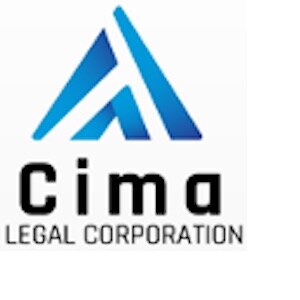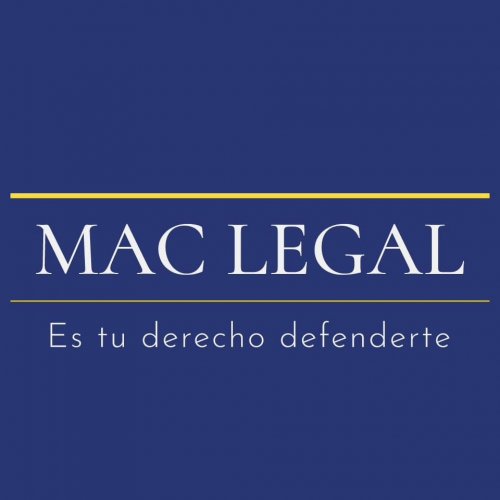Best Criminal Litigation Lawyers in Quito
Share your needs with us, get contacted by law firms.
Free. Takes 2 min.
List of the best lawyers in Quito, Ecuador
About Criminal Litigation Law in Quito, Ecuador
Criminal litigation in Quito, Ecuador involves a legal proceeding initiated by the state or private individuals to punish persons accused of criminal behavior. It functions under the country's constitution and is governed by the Ecuadorian Penal Code. The code has stringent provisions designed to protect the rights of individuals while maintaining law and order for the broader public. Many aspects of criminal litigation function similarly to those in other jurisdictions, but noteworthy factors include the influence of civil law traditions and the direct applicability of the constitution in all trials.
Why You May Need a Lawyer
Hiring a criminal litigation lawyer can be crucial when dealing with complaints, investigations, criminal charges, or trials. These situations include disputes involving drugs, theft, assault or violence, fraud, cybercrime, and more serious offenses such as murder. Legal representation is necessary due to the complexity of the laws and procedures involved. The right lawyer can help with understanding charges, preparing defenses, bargaining pleas, and preserving your rights throughout the legal process.
Local Laws Overview
Ecuador's criminal litigation system follows an Inquisitorial system. This means that judges assume a more proactive role, conducting investigations into the alleged crime. Local laws emphasize the presumption of innocence and right to a fair trial, with penalties established according to the severity and nature of the crime. Bilingual trial rights are also guaranteed, with interpreter provision for individuals who cannot understand or express themselves in Spanish.
Frequently Asked Questions
How long does a criminal trial take in Quito?
The length varies depending on the complexity of the case, but average cases may conclude within six to eight months.
Can plea bargaining be used in Ecuador's criminal litigation system?
Yes, plea bargaining is incorporated within the framework of the Ecuadorian legal system. However, it is not commonly used and requires the assistance of skilled legal counsel.
Does Ecuador have a jury system?
No, cases in the Ecuadorian criminal justice system are decided by a judge or a panel of judges, rather than a jury of peers.
What is the typical penalty for serious crimes like murder in Ecuador?
For serious crimes like murder, sentences can range from ten years to twenty-five years in prison, depending on the circumstances surrounding the crime.
What happens if I can’t afford a lawyer for my trial?
Ecuador guarantees the right to defense. If an defendant cannot afford a lawyer, one will be provided free of charge by the state.
Additional Resources
The governmental bodies responsible for criminal litigation in Quito include the National Court of Justice of Ecuador, the Public Prosecutor's Office, and the Public Defender's Office. Non-profit organizations such as the Centro de Derechos Económicos y Sociales (Centre for Economic and Social Rights) can also provide valuable support and advice.
Next Steps
If you require legal assistance, the first step is to seek representation. Research and select a reputable lawyer with experience in criminal litigation in Ecuador. Ensure they thoroughly explain the litigation process and prepare you adequately for any potential trials. Maintain open and honest communication with your lawyer to facilitate a strong defense strategy. If you cannot afford one, get in touch with the Public Defender's Office for assistance.
Lawzana helps you find the best lawyers and law firms in Quito through a curated and pre-screened list of qualified legal professionals. Our platform offers rankings and detailed profiles of attorneys and law firms, allowing you to compare based on practice areas, including Criminal Litigation, experience, and client feedback.
Each profile includes a description of the firm's areas of practice, client reviews, team members and partners, year of establishment, spoken languages, office locations, contact information, social media presence, and any published articles or resources. Most firms on our platform speak English and are experienced in both local and international legal matters.
Get a quote from top-rated law firms in Quito, Ecuador — quickly, securely, and without unnecessary hassle.
Disclaimer:
The information provided on this page is for general informational purposes only and does not constitute legal advice. While we strive to ensure the accuracy and relevance of the content, legal information may change over time, and interpretations of the law can vary. You should always consult with a qualified legal professional for advice specific to your situation.
We disclaim all liability for actions taken or not taken based on the content of this page. If you believe any information is incorrect or outdated, please contact us, and we will review and update it where appropriate.













